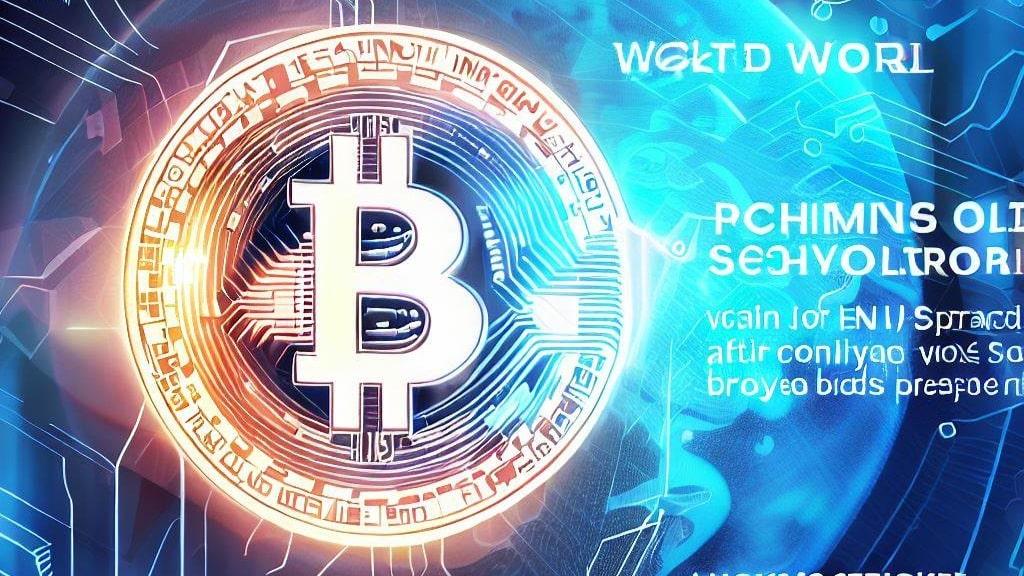
In the fast-paced world of cryptocurrencies and blockchain technology, recent events have sent shockwaves through the community. From the unfortunate breach at the Zunami Protocol to the suspenseful delay in the SEC’s decision on the ARK 21Shares spot Bitcoin ETF, the landscape is a constant interplay of innovation and security challenges.
The Zunami Protocol Exploit: A Tale of Flash Loans and Deception
Imagine a world where your financial security is protected by code, yet vulnerable to malicious actors who exploit the very system designed to safeguard your assets. This was the reality faced by the Zunami Protocol, a platform offering stablecoin yield opportunities. On August 13th, the platform was rocked by a flash loan exploit, orchestrated with precision and cunning.
Reports suggest that the attack utilized a sophisticated flash loan mechanism, allowing the perpetrator to drain over $2.1 million from Zumani’s “zStables” pools on the Curve Finance platform. This attack particularly targeted the Zumani ETH (zETH) and Zumani USD (UZD) pools, leaving a trail of chaos in its wake.
Prominent blockchain security firms, including PeckShield and CertiK, shed light on the intricacies of the exploit. PeckShield estimated the staggering amount stolen, emphasizing the significant impact of the breach. Meanwhile, CertiK pointed out the attacker’s manipulation of UZD-related pairs, leading to the conversion of profits into a substantial amount of Ethereum (ETH). The attacker then sought refuge in the anonymity of the crypto mixer Tornado Cash.
The incident brought to light the inherent vulnerabilities within even the most advanced decentralized platforms. As the blockchain industry evolves, so do the tactics employed by bad actors. This unfortunate incident underscores the critical need for robust security measures to protect users’ funds and maintain trust in the ecosystem.
SEC’s Bitcoin ETF Decision: A Prolonged Period of Anticipation
In a realm where regulations and approvals can shape the future of financial instruments, the United States Securities and Exchange Commission (SEC) commands attention. The recent postponement of a decision on the ARK 21Shares spot Bitcoin ETF application left the crypto community on the edge of their seats.
The SEC’s announcement on August 11th initiated a unique 21-day period, inviting public comments on the application. This move, while introducing transparency and involving stakeholders, prolonged the timeline for a definitive decision. The original application, submitted by ARK Invest in May, set the stage for a potential breakthrough in the accessibility of Bitcoin investments.
Central to the delay was the “regulated market of significant size” test, a criterion the SEC cited. This test assesses the need for the spot bitcoin market to be regulated, without demanding direct regulation for the Commission’s approval. The SEC’s cautious approach reflects a balance between innovation and investor protection, with an exception for making the underlying market for a spot commodity or currency regulated.
The extended timeline for the SEC’s decision has spurred conversations and predictions across the industry. Cathie Wood, the visionary leader of ARK Invest, previously shared her expectation of the SEC eventually greenlighting multiple spot Bitcoin ETF applications concurrently. This perspective injects a sense of optimism into the ecosystem, fueling anticipation for what lies ahead.
Worldcoin’s Iris-Scanning Innovation: Reservations for Unverified Users
In a space characterized by cutting-edge technologies, the Worldcoin project has stood out for its revolutionary iris-scanning technology. Now, Worldcoin is making waves once again with a feature that’s set to redefine user onboarding and token reservation.
The World App, a central component of the Worldcoin project, introduces a reservations feature that allows unverified users to secure their Worldcoin (WLD) tokens. This innovative approach streamlines the process, enabling users to reserve WLD tokens while their World ID verification is underway. This move acknowledges the importance of inclusivity and accessibility, aligning with the decentralized ethos.
The Worldcoin project’s triad of components—World ID, World App, and WLD token—come together seamlessly to create a holistic ecosystem. Users actively participate in the biometric iris-scanning process, crafting a secure and unique World ID. This ID system serves as the foundation for earning rewards in the form of coveted WLD tokens, a testament to the project’s commitment to intertwining technological innovation with tangible benefits for users.
In conclusion, the ever-evolving world of cryptocurrencies offers both unprecedented opportunities and unprecedented challenges. From the Zunami Protocol breach highlighting security vulnerabilities to the suspenseful SEC decision shaping the future of Bitcoin ETFs and the innovative approach of Worldcoin’s iris-scanning technology, the landscape remains in constant flux. These events remind us that, as the blockchain ecosystem expands, it requires vigilance, adaptability, and a collective commitment to innovation and security.
Get the latest Crypto & Blockchain News in your inbox.